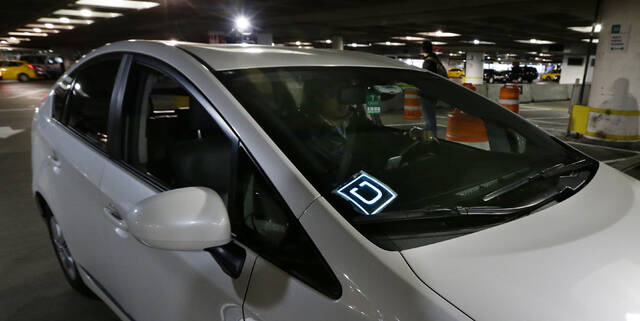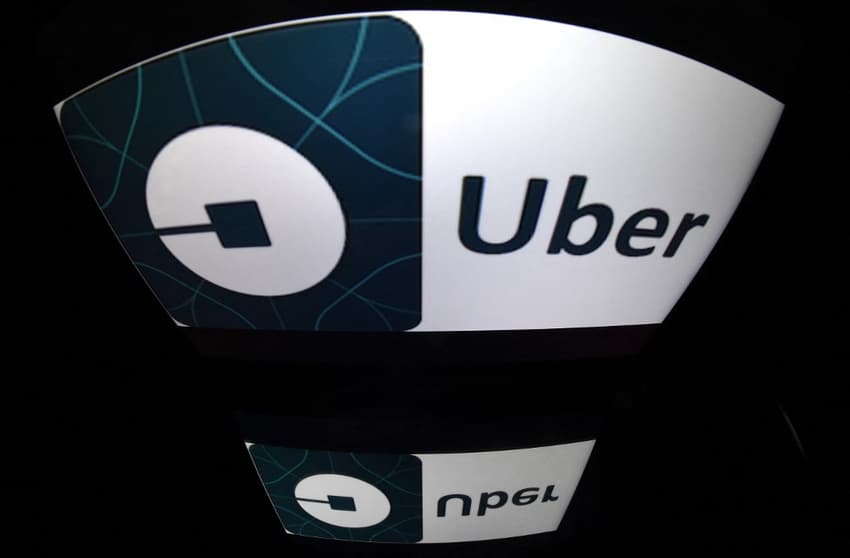In a surprising and contentious decision, Uber has started locking out its drivers in New York City mid-shift, a tactic aimed at reducing the minimum pay guarantees required by city regulations. This move has ignited a firestorm of criticism from drivers, labor advocates, and city officials, who accuse the ride-hailing giant of prioritizing profits over the livelihoods of its drivers.
The lockouts began earlier this month and have affected hundreds of drivers across the city. According to reports from drivers and their advocates, Uber’s system automatically logs out drivers when they reach a certain number of hours or trips, effectively preventing them from continuing to earn for the rest of their planned shifts.
Uber has justified this action as a necessary measure to control costs and maintain a balanced supply of drivers on the road. The company argues that by limiting driver availability, it can manage demand more effectively and ensure that drivers who are working are more likely to receive ride requests, thereby maximizing their earnings during active hours.

For many drivers, the lockouts have come as a harsh blow. Several have reported being cut off in the middle of busy periods, causing immediate financial strain and uncertainty about their income.
“Being logged out without warning means I can’t meet my financial goals for the day,” said Ahmed Khan, a full-time Uber driver. “It’s incredibly stressful and unfair. We rely on this work to support our families.”
Another driver, Maria Rodriguez, echoed these sentiments, emphasizing the disruptive nature of the lockouts. “We plan our days around these shifts. When Uber locks us out, it throws everything into chaos. Bills don’t wait just because Uber decides we can’t work.”
Labor Advocacy and Legal Concerns
Labor groups and city officials have been quick to condemn Uber’s tactics. The New York Taxi Workers Alliance (NYTWA) has called for an immediate halt to the lockouts, describing them as a clear violation of drivers’ rights and an unethical business practice.
“This is a blatant attempt by Uber to undermine the minimum pay protections that New York City has fought hard to implement,” said Bhairavi Desai, executive director of the NYTWA. “Drivers deserve fair treatment and respect, not to be manipulated and locked out of their livelihoods.”
Legal experts have also weighed in, suggesting that Uber’s actions could potentially violate labor laws. The NYC Taxi and Limousine Commission (TLC) has announced that it is investigating the matter and considering regulatory responses to protect drivers from such abrupt and unilateral changes to their working conditions.

City Regulations and Uber’s Response
New York City has been at the forefront of regulating the gig economy, implementing minimum pay standards for ride-hail drivers to ensure they earn a living wage. Uber’s recent actions appear to be a direct response to these regulations, which the company has long argued are overly burdensome and detrimental to its business model.
In a statement, Uber defended its position, asserting that the lockouts are part of broader efforts to maintain a sustainable and efficient service. “We understand the concerns of our driver partners, but we must also consider the overall health of the platform. Our goal is to ensure that drivers have access to consistent earnings opportunities while maintaining a high level of service for our riders.”
As tensions escalate, the future of Uber’s operations in New York City remains uncertain. The company is facing increasing pressure to find a balance between profitability and fairness to its drivers. The outcome of the TLC’s investigation and potential legal challenges could significantly impact not only Uber but also the broader gig economy landscape in the city.
For now, drivers are left grappling with the immediate impact of the lockouts, hoping for a resolution that will restore their ability to work without sudden interruptions. As the debate continues, the spotlight is firmly on Uber and its treatment of the workers who keep its service running.












